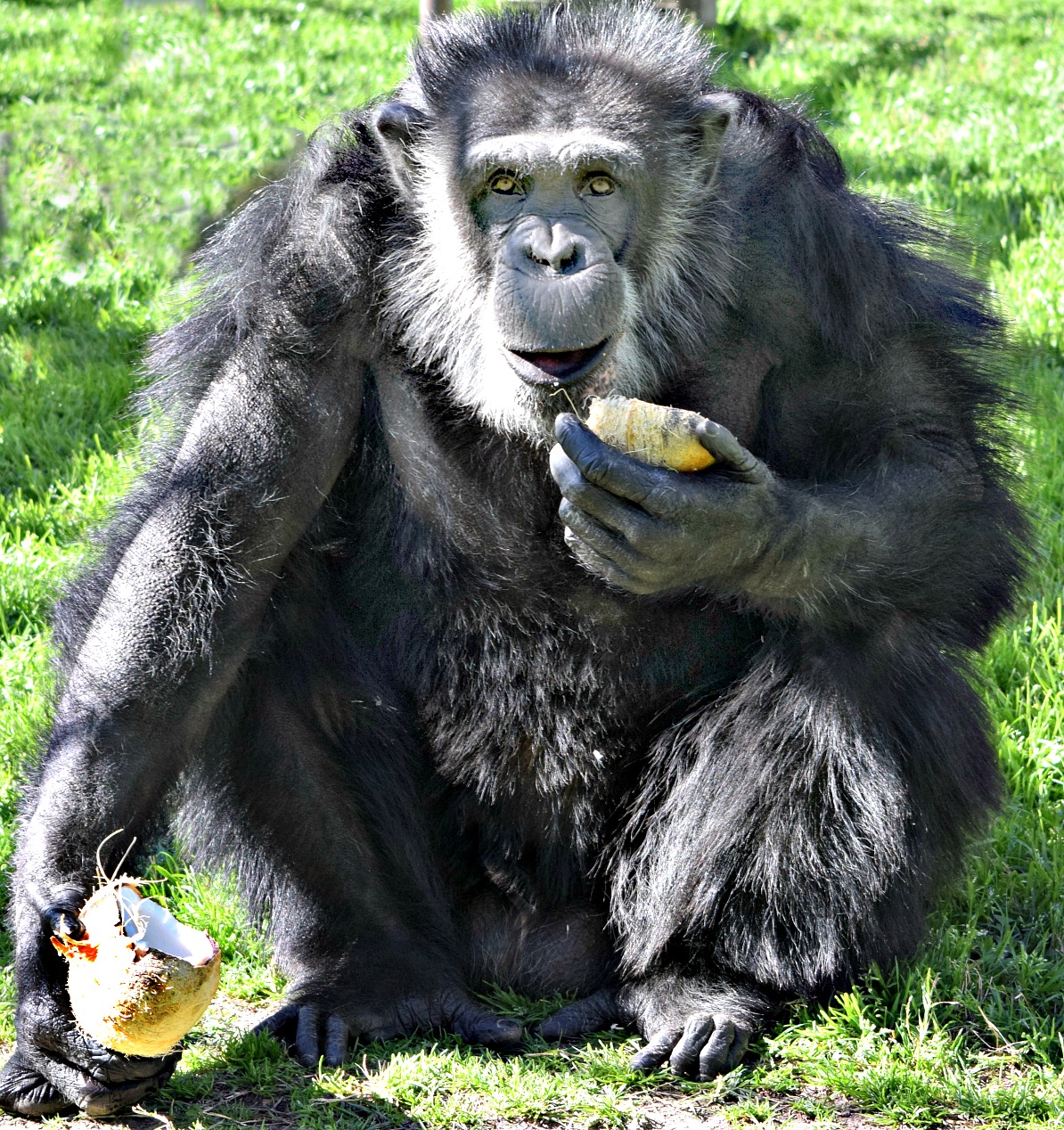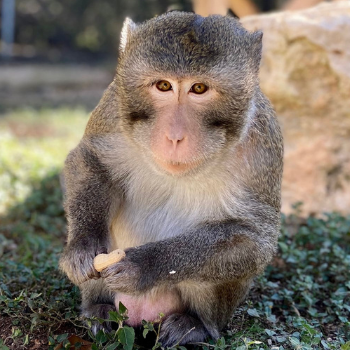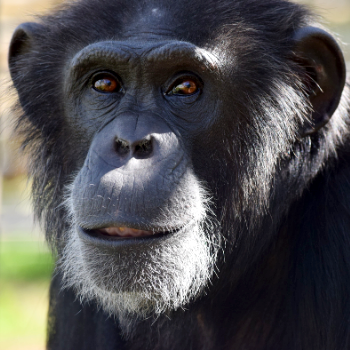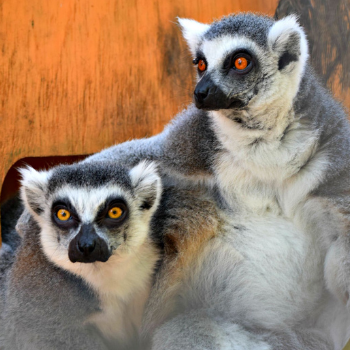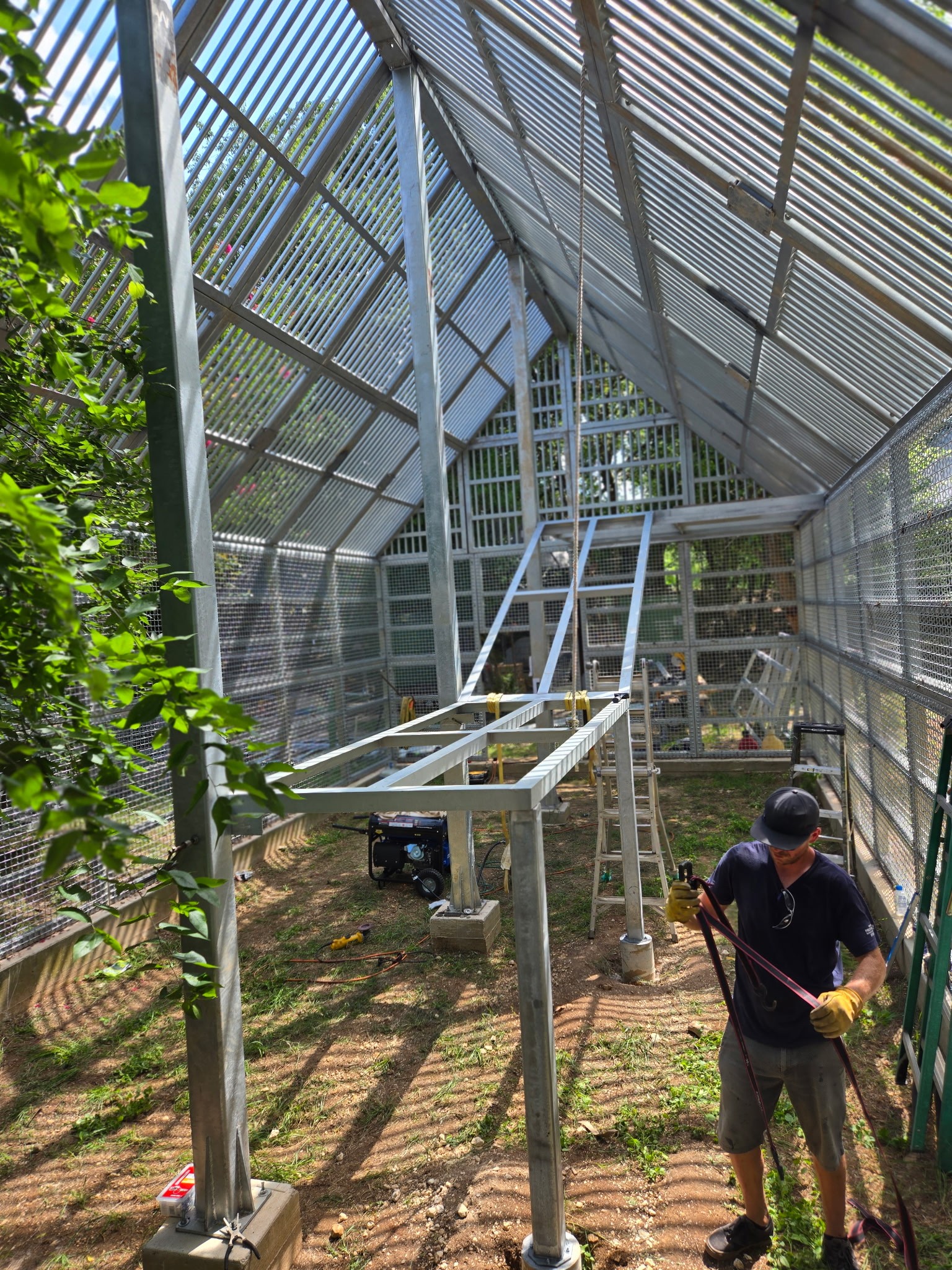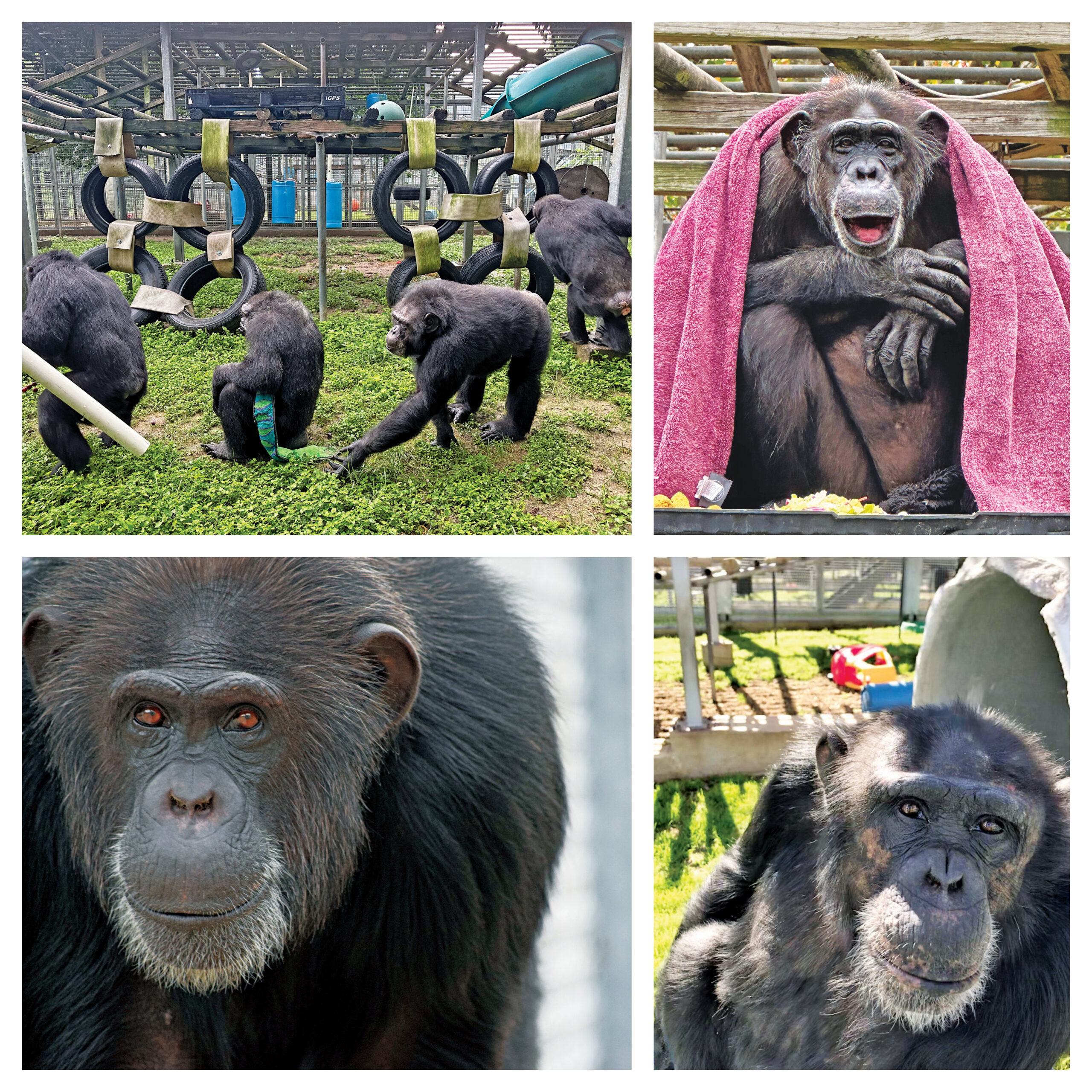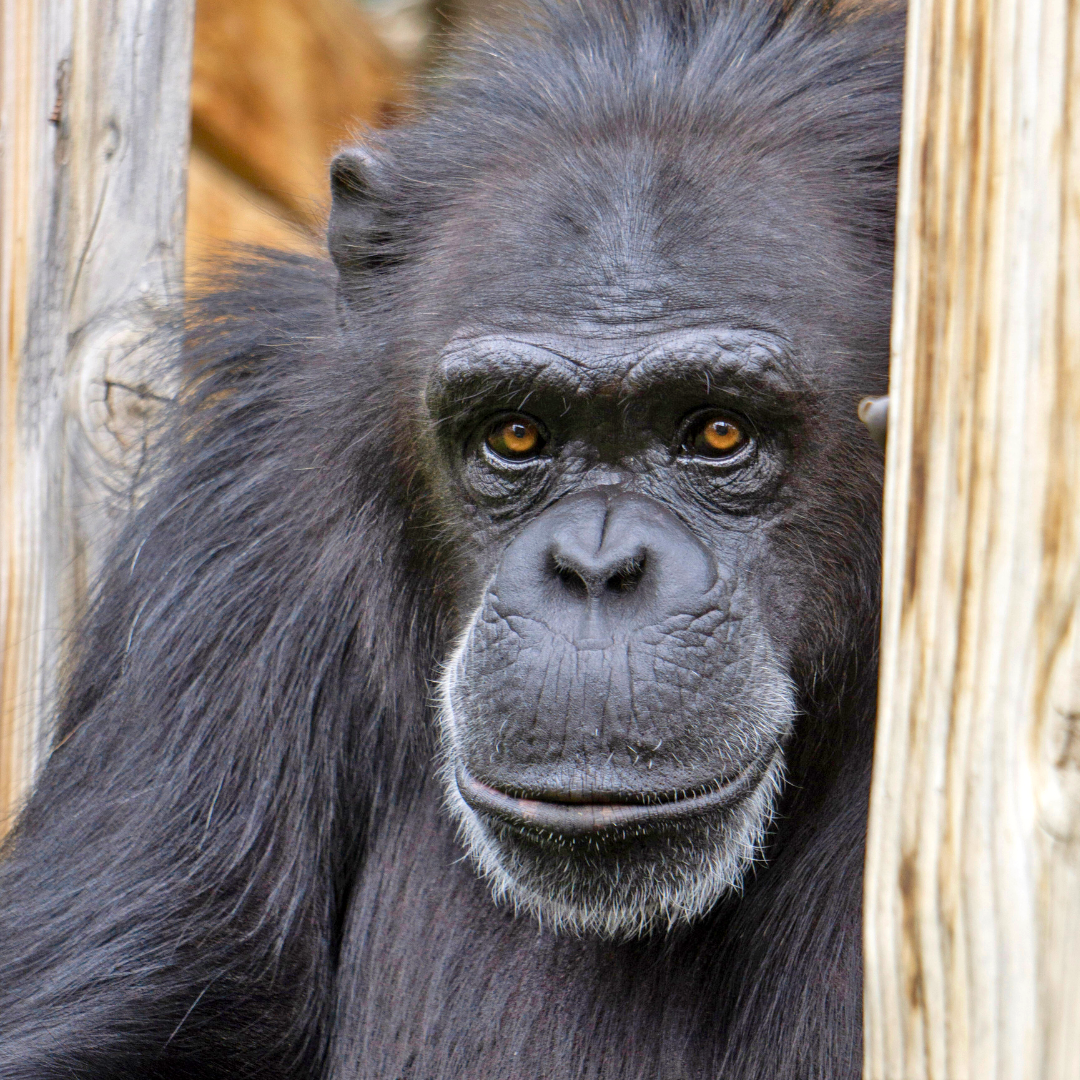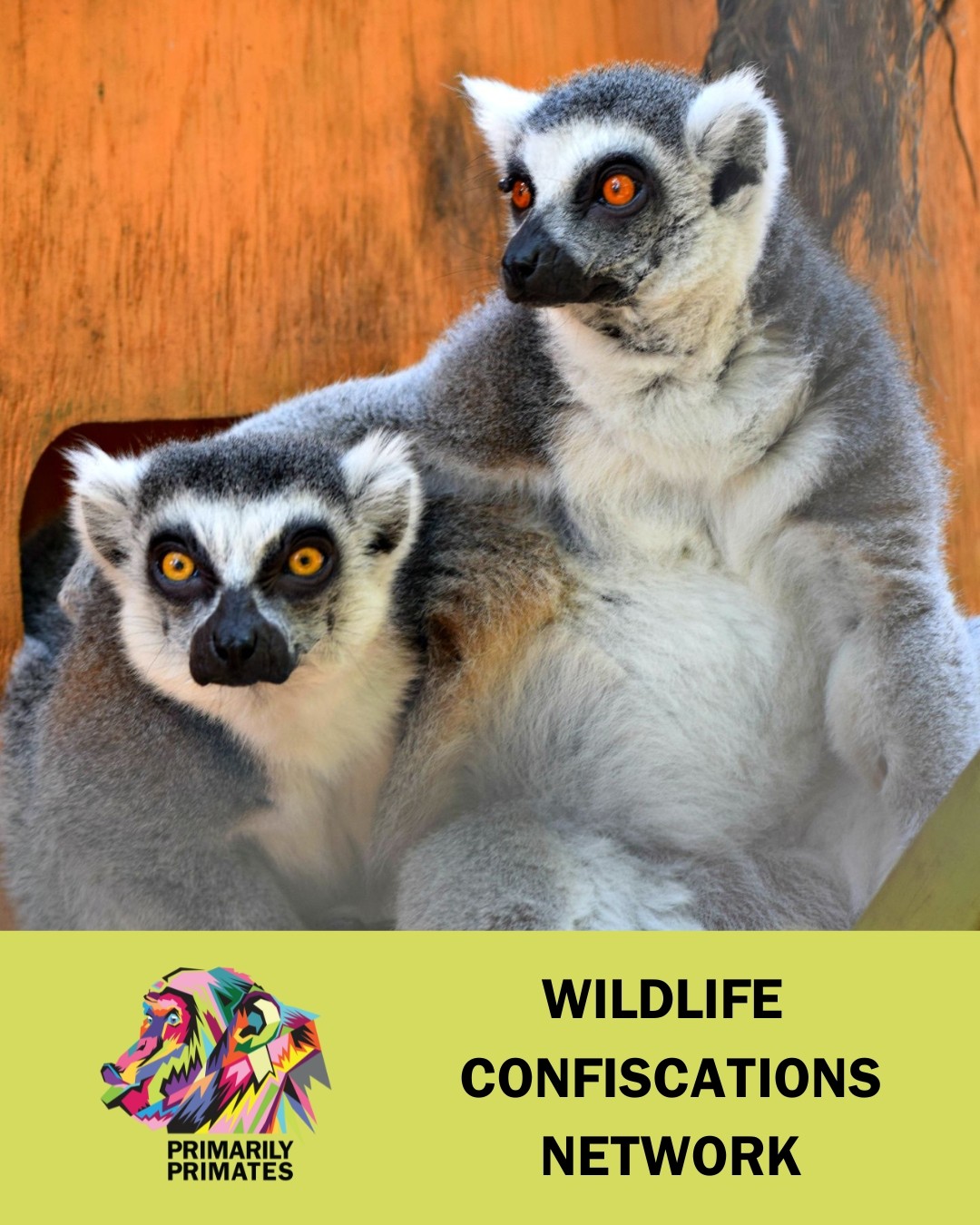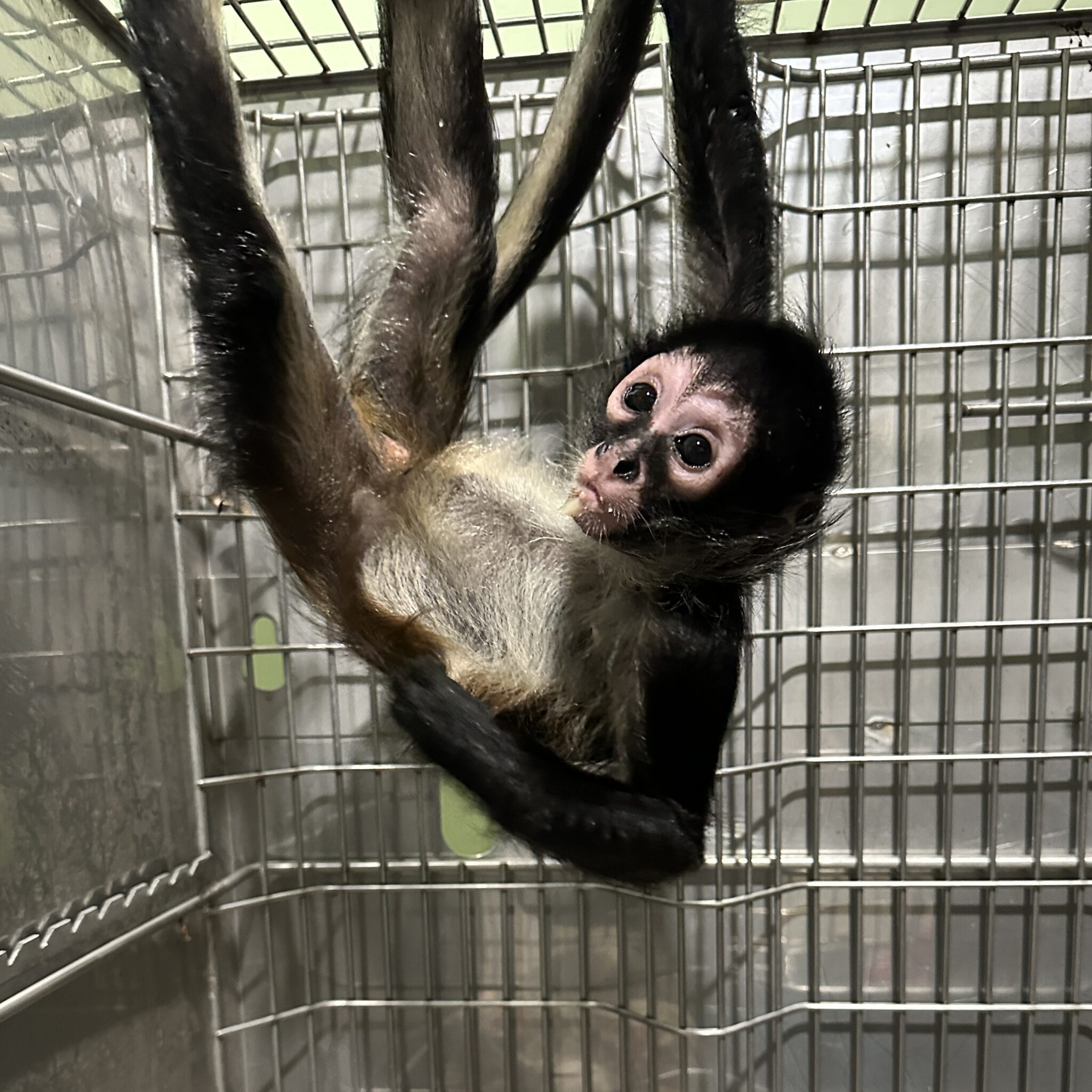Primarily Primates, Inc. (PPI) is a not-for-profit animal sanctuary in Bexar County, Texas, providing permanent, lifetime care and housing for rescued animals, mostly primates.
The 300+ animals living at PPI in permanent residence have been saved from biomedical research, the pet trade, and/or the entertainment industry. Now, animal residents including chimpanzees, lemurs, small primates, kinkajous, birds, and farmed animals enjoy the peace true sanctuary brings. PPI was founded in 1978, making it the first primate sanctuary in North America and the first to rescue chimpanzees requiring lifetime care following medical research.
PPI cares for each animal individually and holistically, focusing on both physical and psychological health. As a true sanctuary, PPI is not open to the general public and does not breed, sell, trade, or use animals commercially. A community of supporters and collaborators keeps PPI energized and maintained.
PPI is accredited by the Global Federation of Animal Sanctuaries and is committed to compassionate and appropriate zoological care. These animals get to live the rest of their lives with dignity, experience proper social environments, and make choices about how they want to spend their days.

